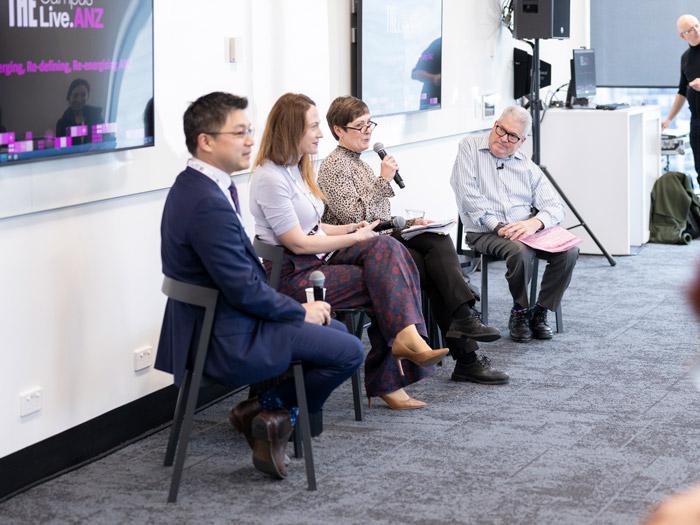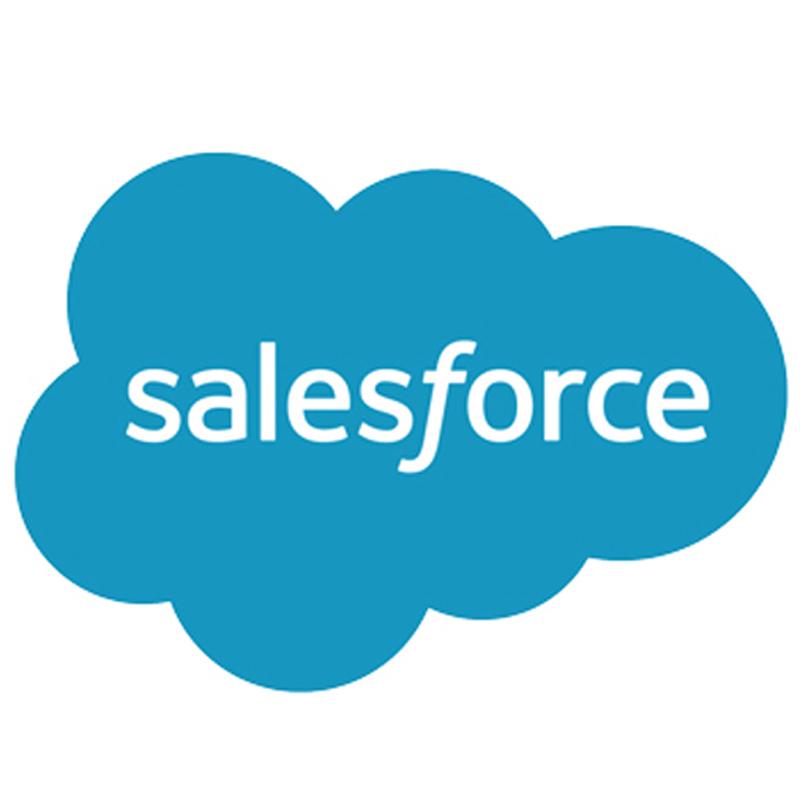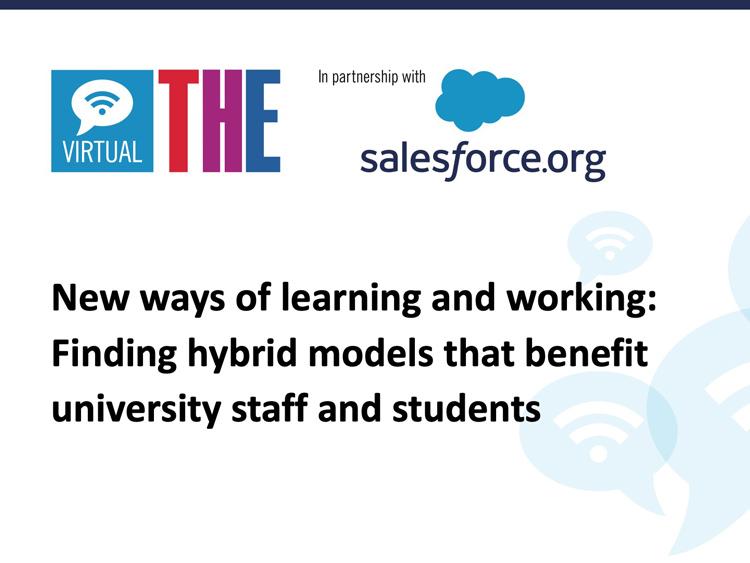
Alumni engagement and industry partnerships will keep universities competitive

Shifts in culture, technology and industry mean that higher education can no longer remain the preserve of young adults who are yet to enter the workforce. The need for upskilling has created a demand for lifelong learning, yet many universities “are disproportionately focused on 18- to 24-year-olds”, according to Martin Bean, founder and CEO of the Bean Centre.
Speaking at a session at THE Campus Live ANZ, held in partnership with Salesforce.org, Bean said the traditional degree had to change, citing a “damning” Bean Centre consultation with industry. “[Businesses] just do not identify universities as being a go-to source of reskilling their population,” he said.
“For a university to take advantage of what’s happening around us, there needs to be a whole range of conversations, from policy level right through to working with industry as a key pillar and then meeting students where they are at to find out what they want,” he said.
Discussing upskilling and reskilling opportunities, Bean said universities needed to think about the learner as an “entrepreneurial learner”. He said lifelong learning was “coming of age” and there were many options available, describing online learning portal Go1 as “one of Australia’s great unicorns”.
Bean said that with successful disruptors in direct competition, universities needed to understand their cohort, what they want, how to provide it, who to partner with and how much to charge.
Jessica Gallagher, deputy vice-chancellor and vice-president of external engagement at the University of Adelaide, agreed. She said universities were conscious of the fact that if they cannot work out their offerings to engage with learners at any stage in their learning journey, they will lose out to start-ups or big conglomerates that offer quality professional development and executive education programmes.
She suggested that universities should start to think about B2B models as opposed to B2C. By working with industry to better understand what skills are in demand, universities can better equip graduates for the workforce and build a comprehensive lifelong learning provision. “The industry needs to be part of the solution,” Gallagher said.
Belinda Tynan, principal adviser in education at Deloitte, identified the challenges of offering a diverse learning model and held up modular and granular qualifications that could be stacked as a way forward.
David Yip, director of education industry solutions for APAC at Salesforce.org, said rethinking the labels given to students and alumni was also important. He said the term “learner member” could change the story of a student getting a degree and leaving, to someone attending a university to achieve the qualification they need and remaining a member of that institution throughout their life. “Learning doesn’t stop at 21, 23, 24. It goes on for life,” he said.
The panel:
- Martin Bean, founder and CEO, the Bean Centre
- Jessica Gallagher, deputy vice-chancellor and vice-president of external engagement, University of Adelaide
- Belinda Tynan, principal adviser in education, Deloitte
- David Yip, director of education industry solutions for APAC, Salesforce.org
Find out more about Salesforce.org.

